|
Advertisement
|
Lahemay waladat

DescriptionA manqala game. From Wikimanqala: Lahemay waladat ("my cow has given birth") is a mancala game widely known in the Maqalé area of southern Tigé, Ethiopia. The game was was first described by Richard Pankhurst in 1971 as Game 17. Similar games exist in Western Eritrea and Somalia. Rules: Lahemay waladat is played on a board of two rows of of (sic) six holes. The game starts with four stones in each hole. The right to start the game is decided by a hand-play referred to in Tigrinya as shekut. To begin with, the two players are holding hands as in a handshake. After breaking the hold, they would either expose the first finger, last three fingers or the open hand with fingers side by side. A player who displayed his first finger defeats one with three fingers, three fingers defeats the hand, and the hand the first finger. Pankhurst, R. 1971. 'Gabata and Related Board Games of Ethiopia and the Horn of Africa', in Ethiopia Observer; 14 (3). Page 173. Game DiscussionsAdd CommentYou need to be logged in to comment. Insert Bullet List Please enter at least one item. Item: Item: Item: Item: Item: Insert Numeric List Please enter at least one item. Item: Item: Item: Item: Item: Insert Link Please enter the link of the website Optionally you can add display text Insert Email Please enter the email address Optionally add any display text Insert Image Please enter the link of the image Insert YouTube Video Please enter the link of the video MarketplaceNo listings at the moment. Do you own this game? Click here to list it for sale.
|
Best Sellers
Board Games
|
||||
Latest Searches: downton abbey monopoly | Franklin parish onolpy | david | greys anatomy monopoly | Game of throne | fuedal | Jackaroo | New York city monoply | wire | Hide and seek | case ih monopoly | cape town | Monopoly for Wilkesboro nc | super mario junior | scott walker | Monopoly roman | Kingdom death | Traders of carthage | trivial+pursuit+ruby+edition | Cape codopoly | Hometown monoply | redmond opoly | Farscape | Mystic eye game | Aggrevation 4 person | Bloomington+Indiana | Monopoly for brick opoly | Cheech and Chong monopoly | Monopoly: Taylor swift | Monopoly simi valley
All Rights Reserved

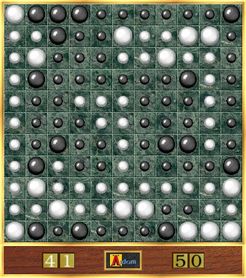
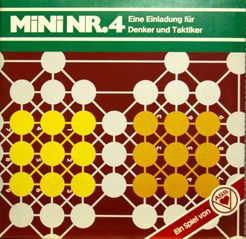
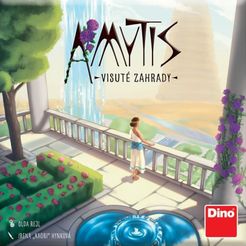
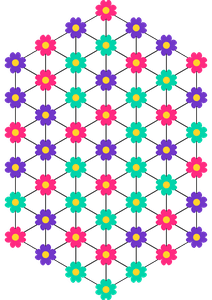
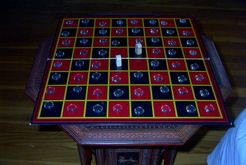
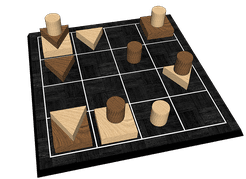
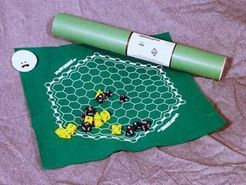


Comments (0)